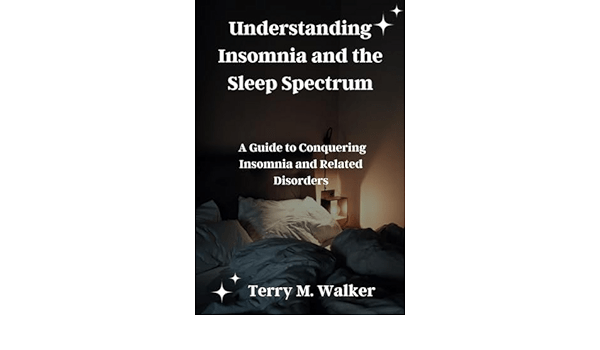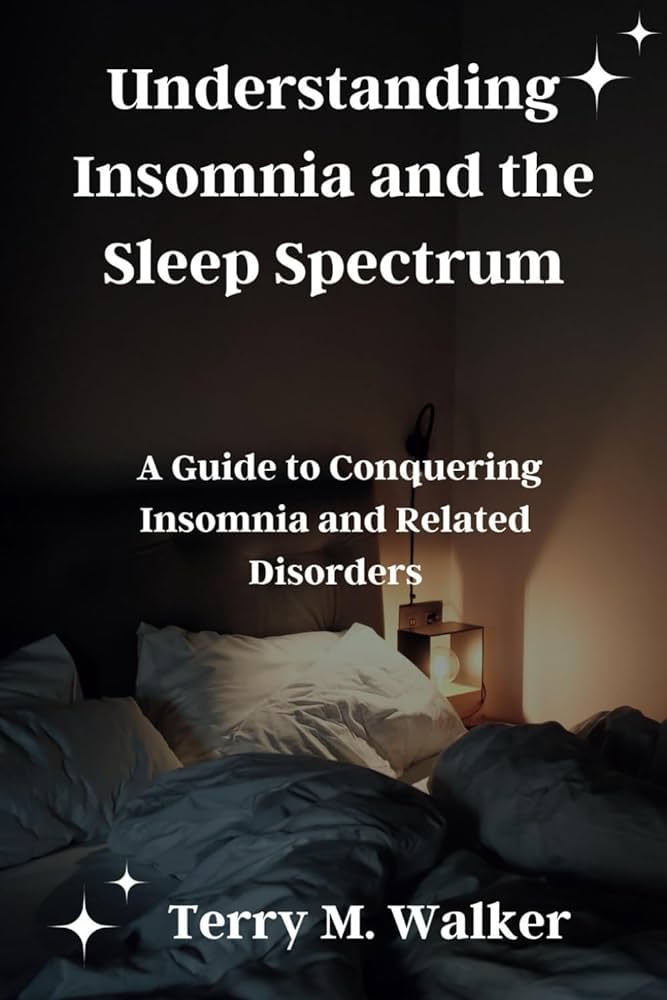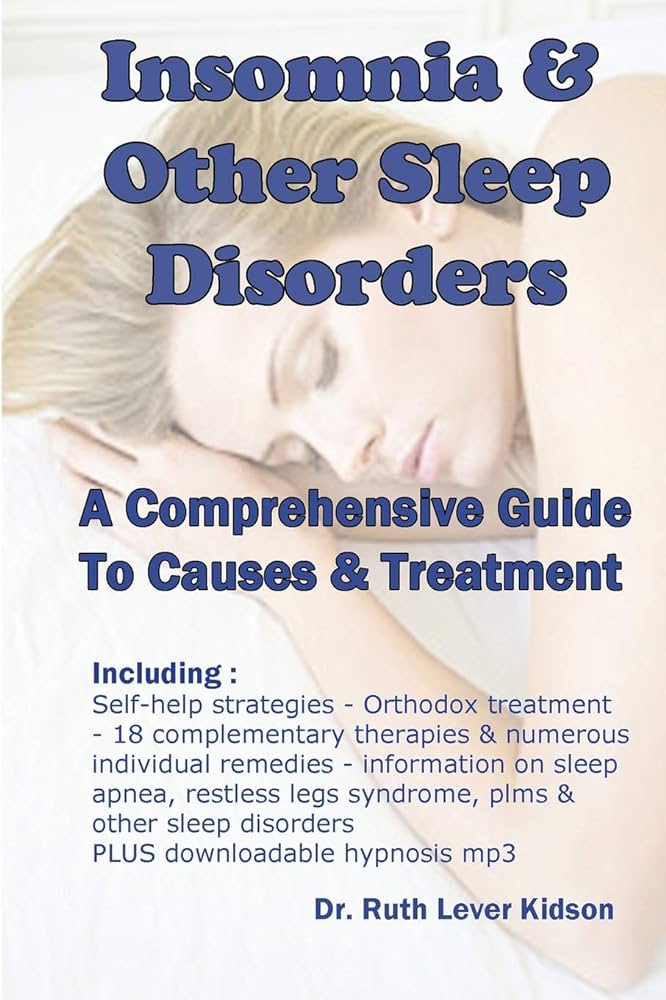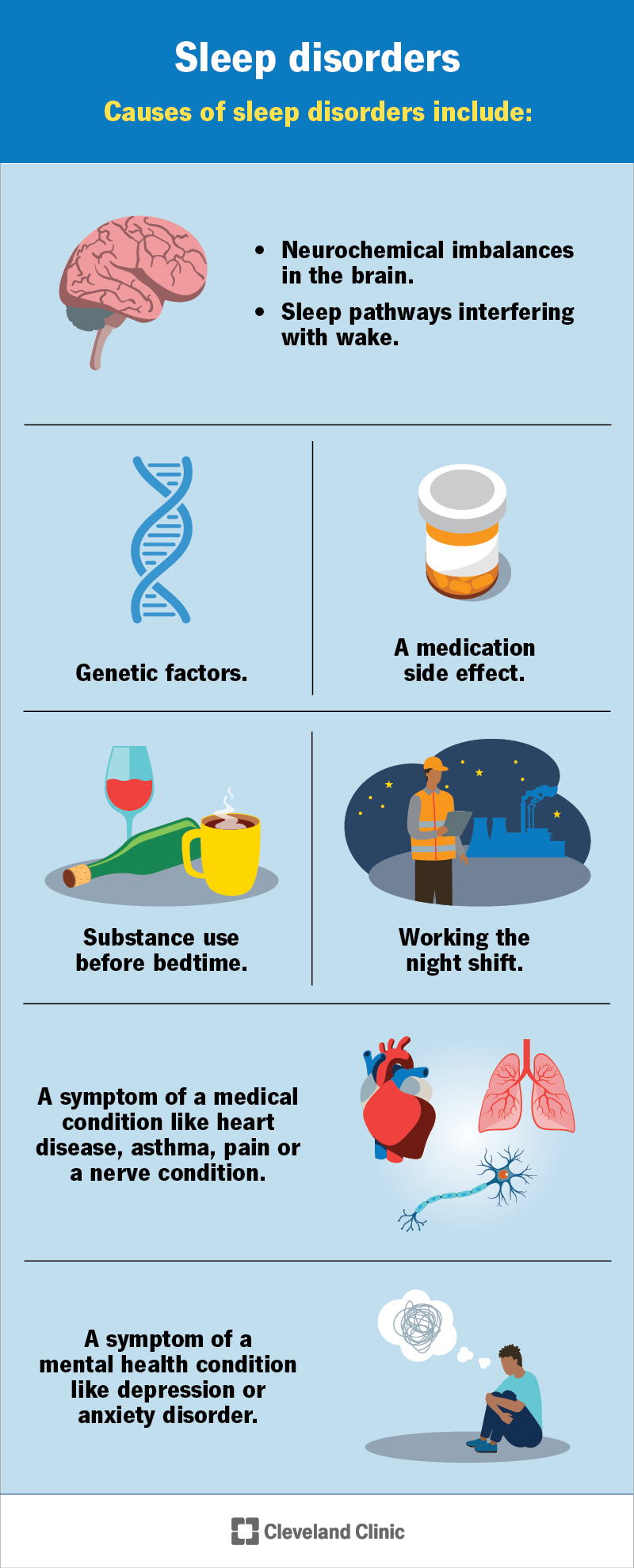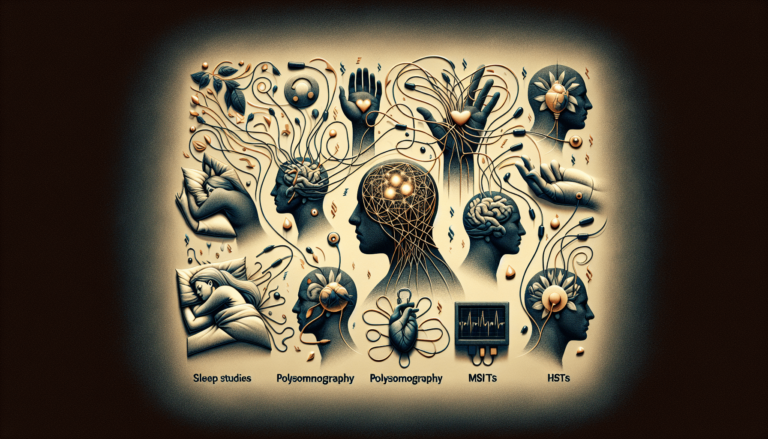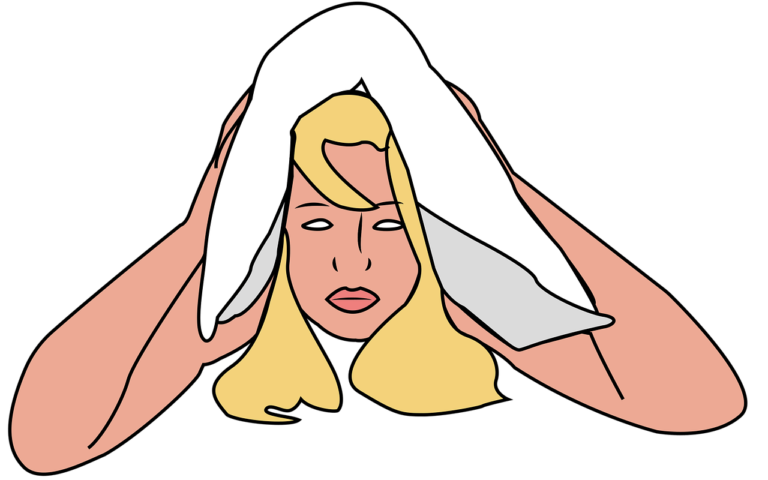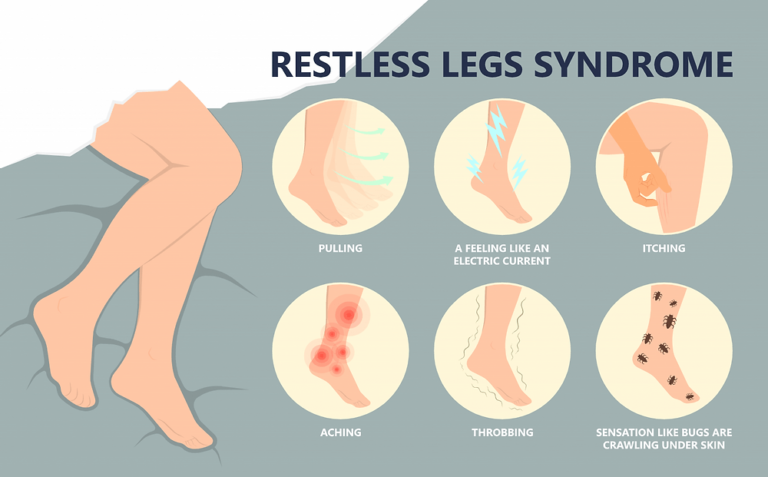Understanding Sleep Disorders: A Guide to Insomnia and More
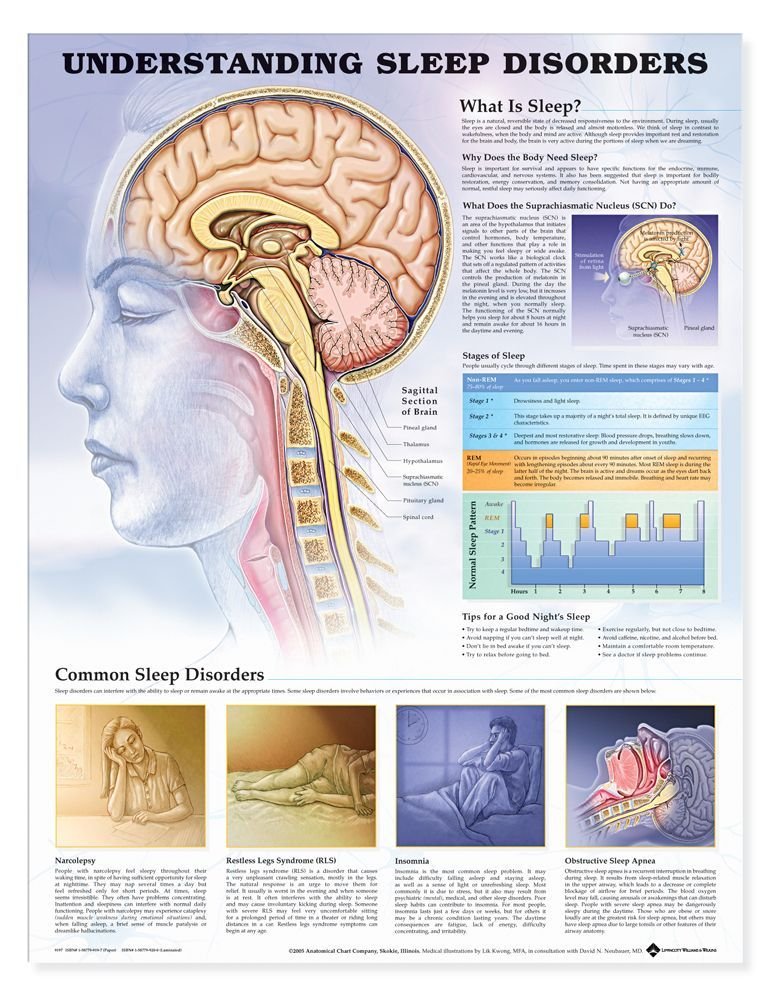
Understanding Sleep Disorders: A Guide to Insomnia and More
In today’s fast-paced world, sleep disorders have become all too common, wreaking havoc on our health and productivity. From insomnia to sleep apnea, these disorders pose serious risks such as heart attacks, strokes, and high blood pressure if left untreated. That’s where Vector Sleep Clinic comes in. Conveniently located in the heart of Rego Park and easily accessible from all five boroughs, we offer comprehensive care for restful sleep. With a team of licensed and insured experts, we are dedicated to understanding the problem and finding effective solutions for a variety of sleep disorders. Let us unlock the magic of rejuvenating and uninterrupted nights, where dreams meet a healthy, energized you.
Understanding Sleep Disorders
In today’s fast-paced life, it is common for individuals to experience sleep disorders that adversely impact their health and productivity. Sleep disorders such as insomnia, sleep apnea, and others can lead to serious health issues like obstructive sleep apnea, restless leg syndrome, and hypopnea. At Vector Sleep Clinic, we understand the problems caused by these disorders and are here to help.
Why Should You Consider Completing a Sleep Study?
If left untreated, sleep disorders can have severe consequences on your health. It can increase the risk of heart attacks, strokes, high blood pressure, car accidents, problems at home or work, sexual dysfunction, and obesity. Completing a sleep study is crucial as it enables us to assess your sleep patterns and diagnose any sleep disorders you may have.
This image is property of Amazon.com.
Types of Sleep Disorders
There are various types of sleep disorders that individuals may experience. These include:
Insomnia
Insomnia refers to the difficulty in falling asleep or staying asleep consistently. It can result in daytime fatigue, irritability, and difficulty focusing on tasks.
Sleep Apnea
Sleep apnea is a condition where an individual’s breathing is repeatedly interrupted during sleep. This can lead to insufficient oxygen supply and disrupt normal sleep patterns.
Restless Leg Syndrome
Restless leg syndrome causes uncomfortable sensations in the legs, often leading to an overwhelming urge to move them. This can significantly disrupt sleep.
Hypopnea
Hypopnea is a sleep disorder characterized by shallow breathing or a low respiratory rate during sleep, resulting in poor sleep quality and decreased oxygen levels in the body.
Narcolepsy
Narcolepsy is a neurological disorder that causes excessive daytime sleepiness and sudden, uncontrollable episodes of falling asleep.
Parasomnias
Parasomnias refer to a group of sleep disorders that involve abnormal movements, behaviors, emotions, perceptions, and dreams during sleep.
REM Sleep Behavior Disorder
In REM sleep behavior disorder, individuals physically act out their dreams, potentially causing injury to themselves or their sleep partners.
Circadian Rhythm Disorders
Circadian rhythm disorders are disruptions in the body’s internal clock, leading to difficulties in falling asleep or staying asleep at the desired times.
Sleepwalking
Sleepwalking, also known as somnambulism, involves getting out of bed and walking or performing various activities while still asleep.
Night Terrors
Night terrors are intense episodes of fear and anxiety during sleep, often accompanied by physical symptoms like rapid heart rate and sweating.
Effects of Sleep Disorders on Health
Sleep disorders can have significant health implications. Some of the potential health risks associated with untreated sleep disorders include:
Heart Attacks
Sleep disorders can increase the risk of heart attacks due to the strain they put on the cardiovascular system.
Strokes
Sleep disorders, particularly sleep apnea, can contribute to an increased risk of strokes.
High Blood Pressure
Untreated sleep disorders can lead to high blood pressure, which increases the likelihood of cardiovascular problems.
Car Accidents
Sleep disorders can cause excessive daytime sleepiness, impairing an individual’s ability to stay alert while driving and increasing the risk of car accidents.
Problems at Home or Work
Lack of restful sleep can lead to difficulties in concentration, mood swings, and decreased productivity, causing problems both at home and in the workplace.
Sexual Dysfunction
Sleep disorders can negatively impact sexual health, leading to decreased libido and difficulties in maintaining healthy sexual relationships.
Obesity
Sleep disorders are linked to weight gain and obesity, as they can disrupt the body’s metabolic processes and increase cravings for unhealthy foods.

This image is property of Amazon.com.
Vector Sleep Clinic: The Solution
At Vector Sleep Clinic, we offer comprehensive care for individuals struggling with sleep disorders. Our clinic is staffed with expert medical professionals who specialize in diagnosing and treating various sleep disorders. Our services include:
Diagnostic Services
We provide state-of-the-art diagnostic services to accurately assess your sleep patterns and identify any sleep disorders you may have. Our comprehensive sleep studies and evaluations ensure an accurate diagnosis.
Treatment Options
Once a sleep disorder is diagnosed, we offer a range of treatment options tailored to your specific needs. These options may include medication, behavioral therapy, continuous positive airway pressure (CPAP), surgery, or lifestyle changes.
Expert Medical Professionals
Our team of medical professionals comprises experienced and skilled sleep specialists who are dedicated to providing the best possible care for our patients. We prioritize your comfort and well-being throughout the diagnostic and treatment processes.
Choosing the Right Sleep Clinic
When considering a sleep clinic, it is important to choose one that meets certain criteria. These factors ensure a reliable and trustworthy clinic that can provide the best care for your sleep disorders. Look for a clinic that is:
Licensed and Insured
Ensure that the sleep clinic you choose is licensed and insured, as this ensures that they meet the required standards of care and have the necessary qualifications to provide sleep disorder diagnosis and treatment.
Reliability
A reliable sleep clinic should have a track record of successfully treating sleep disorders and improving patients’ sleep quality. Look for testimonials or reviews from previous patients to assess their reliability.
Trustworthiness
Trustworthiness is crucial when entrusting your sleep health to a clinic. Choose a clinic with a good reputation, transparent communication, and a commitment to providing the best possible care.
Convenient Location
Consider the location of the sleep clinic, as easy accessibility can make the diagnostic and treatment processes more convenient and less stressful for you.
This image is property of Amazon.com.
Diagnostic Process and Sleep Studies
Accurate diagnosis is essential in determining the appropriate treatment for sleep disorders. This is achieved through various types of sleep studies, which allow for a comprehensive evaluation of your sleep patterns. The diagnostic process involves:
Importance of Accurate Diagnosis
Accurate diagnosis is crucial in identifying the specific sleep disorder and developing an effective treatment plan. It ensures that the treatment targets the underlying cause of the disorder, improving the chances of successful management.
Types of Sleep Studies
Different types of sleep studies are conducted depending on the suspected sleep disorder. These may include overnight sleep studies, multiple sleep latency tests (MSLT), or maintenance of wakefulness tests (MWT).
Procedure for Sleep Studies
During sleep studies, you will spend a night at the clinic while various measurements are taken to monitor your sleep patterns. These measurements may include brain activity, eye movements, breathing patterns, heart rate, and oxygen levels.
Interpreting Sleep Study Results
After the sleep study, the collected data is analyzed by sleep specialists who interpret the results. This analysis helps in diagnosing the sleep disorder and determining the most appropriate treatment plan for you.
Treatment Options for Sleep Disorders
Once a sleep disorder is diagnosed, there are various treatment options available. These include:
Medication
Medications can be prescribed to address specific sleep disorders, such as insomnia or narcolepsy. They can help regulate sleep patterns and improve sleep quality.
Behavioral Therapy
Behavioral therapy techniques, such as cognitive-behavioral therapy for insomnia (CBT-I), can be effective in treating sleep disorders. They aim to modify unhealthy sleep habits and establish better sleep routines.
Continuous Positive Airway Pressure (CPAP)
CPAP therapy is commonly used for the treatment of sleep apnea. It involves wearing a mask over the nose or mouth during sleep, which delivers a continuous flow of air to keep the airway open.
Surgery
In some cases, surgical intervention may be necessary to address structural abnormalities in the airway that contribute to sleep disorders like sleep apnea.
Lifestyle Changes
Simple lifestyle modifications can also significantly improve sleep quality. These may include maintaining a regular sleep schedule, creating a comfortable sleep environment, managing stress, limiting caffeine and electronic device usage before bed, regular exercise, and maintaining a healthy diet.
This image is property of Amazon.com.
Sleep Hygiene Practices for Better Sleep
In addition to seeking professional help for sleep disorders, adopting good sleep hygiene practices can contribute to better sleep quality. Some practices to consider include:
Establishing a Sleep Schedule
Maintaining a consistent sleep schedule by going to bed and waking up at the same time each day helps regulate your body’s internal clock.
Creating a Comfortable Sleep Environment
Ensure your sleep environment promotes relaxation and comfort. Consider factors such as lighting, noise levels, and the comfort of your mattress and pillows.
Managing Stress and Relaxation Techniques
Implement stress management techniques, such as deep breathing exercises, meditation, or listening to calming music, to promote relaxation before bed.
Limiting Caffeine and Electronic Device Usage Before Bed
Avoid consuming caffeine or using electronic devices, such as smartphones or laptops, before bedtime, as they can interfere with your ability to fall asleep.
Regular Exercise
Engage in regular physical activity, but avoid exercising too close to bedtime, as it can increase alertness and make it difficult to fall asleep.
Healthy Diet for Sleep
Maintain a balanced diet that includes foods known to promote better sleep, such as whole grains, fruits, vegetables, lean proteins, and foods rich in magnesium and tryptophan.
Conclusion
Ignoring sleep disorders can have severe consequences for your overall well-being. Seeking help and completing a sleep study is vital in identifying and treating sleep disorders. By addressing these issues, you can improve your sleep quality, reduce the risk of associated health problems, and enhance your overall physical and mental well-being. At Vector Sleep Clinic, we are committed to providing the comprehensive care needed to achieve restful and rejuvenating sleep. Don’t underestimate the power of quality sleep – it has the potential to transform your life.
This image is property of my.clevelandclinic.org.

